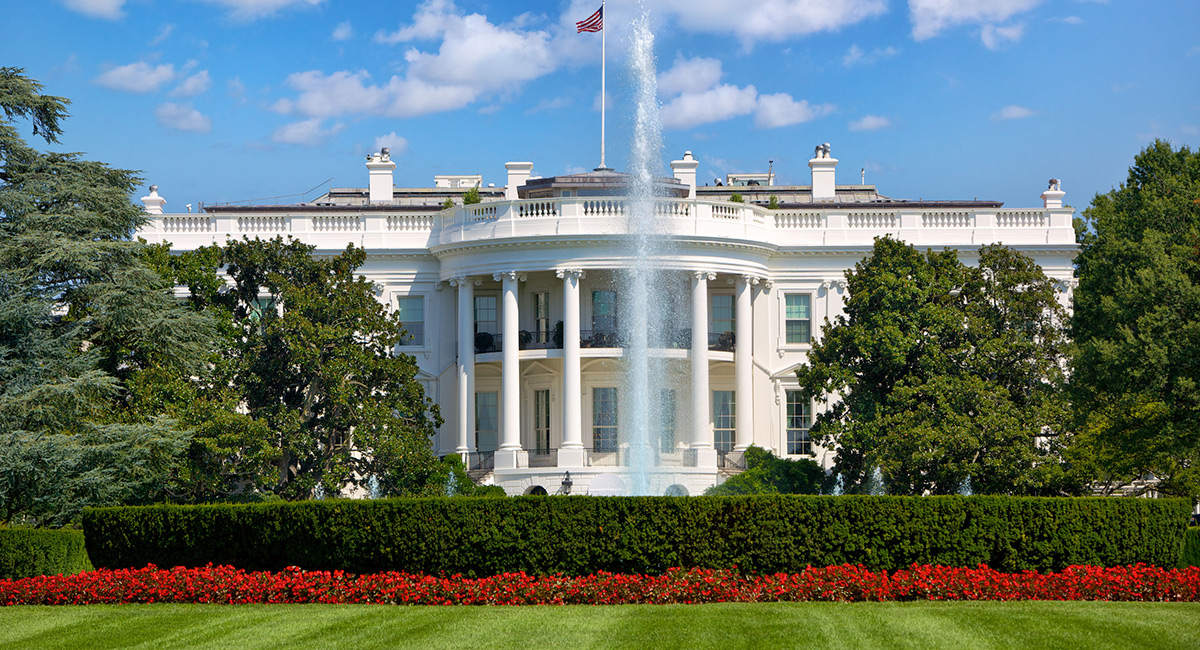After the Donald Trump presidency, some bipartisan motivation exists to restore some of the guardrails and norms of the executive branch that eroded during that time. However, the Trump administration was only the most recent episode of the usurpation by the executive of the powers of other branches of government in the founders’ original checks and balances system. Many of the proposed reforms are laudable but they need to go further to constrain what has recently been a rogue presidency and to restore the people’s houses of Congress to their original position, at the nation’s founding, as the “first-among-equals” branch of government.
One of the most important worthwhile ideas is curbing the president’s power to declare a national emergency, thereby using special standby powers. For example, Trump declared a questionable national emergency merely to transfer Department of Defense funds to spend more on the border wall than Congress had approved and he himself had signed into law. This directly violated one of the core provisions of the Constitution that “No money shall be drawn from the Treasury, but in consequence of appropriations made by law.” Even worse, despite Congress passing laws permitting national emergencies and presidents taking advantage of them, the Constitution does say anything that would permit such draconian states of emergency to be declared by any branch. In fact, the founders, having just fought the British monarch for independence from his excessive power, would have been leery of any such executive power. Thus, the Constitution only authorizes Congress—not the president, as Ulysses S. Grant and George W. Bush believed—to temporarily suspend the writ of habeas corpus (the right of a person to challenge detention by the government) in cases of invasion or rebellion. Thus, a president declaring a sketchy national emergency merely to fund a pet project is way beyond the pale—and at least nineteen Republicans at one time seemed to agree. Related to this episode is a long-overdue reform proposal to restrict the ability of the executive to spend, or secretly stop, funds contrary to Congressional appropriations. The president’s job is to execute laws passed by Congress, not evade or override them on a whim.
Another critical area of reform is the need for Congress to make clearer its right to sue in the courts to enforce its subpoenas against the executive to get much-needed information and to speed up such lawsuits. President Trump was able to game the system and unacceptably and unconstitutionally stonewall most legitimate congressional oversight.
One reform proposal would keep the statute of limitations from expiring while the president is in office and thus temporarily immune from prosecutions. This provision might be an improvement, but the immunity from prosecution of a president while in office is not in the Constitution or even in law. It is merely a rule that was promulgated years ago and continued by the president’s own Justice Department, which might just have an incentive to protect a sitting president—as was recently demonstrated. Since the mid-twentieth century, the executive has usurped significant power from the other branches. Congress should at least address the pros and cons of allowing the prosecution of such a powerful president while in office. Should bad executive conduct be put on hold to guard against minor nuisance prosecutions of the president from political opponents holding state or local offices?
Congress needs to ban foreign assistance to or interference in American elections. Trump’s actions were blatant and appalling, but the legislature needs to bulletproof election laws to make it clear that it's also very illegal.
In foreign policy, Congress needs to bring back legislative approval for any major U.S. troop deployment and approval for any hostilities against foreign countries or terrorist groups. At the turn of the twentieth century, William McKinley’s unilateral wars, without congressional approval, against guerrillas in the Philippines and the Boxer rebels in China began a long erosion of congressional war power. In 1950, with Harry Truman’s unconstitutional unilateral use of force in the Korean War, Congress forfeited its constitutional power to declare war even in major conflicts. Congress must restore this power for major combat and restore approval for major troop deployments and even minor (non-self-defense) military actions, as was done in the early republic. Also, Justice Department memos created during the George W. Bush presidency, unilaterally claiming vast executive war-making powers, need to be rescinded.
Starting with John Tyler getting the annexation of Texas approved in 1845 with a lower standard (a majority vote in each house of Congress) than the Constitution required (a two-thirds vote in the Senate) and continuing with William McKinley’s annexation of Hawaii at the end of the nineteenth century with the same short cut, Congress’s power to approve treaties began to erode. Now, treaties are rare and the president reaches many more “executive agreements” with foreign nations—not mentioned as an option in the Constitution—which may or may not ever receive congressional approval or even cognizance. Congress needs to demand that at least significant pacts with foreign countries take the form of formal treaties requiring a two-thirds vote in the Senate.
The Biden administration claims to support reforms that would restore badly damaged presidential guardrails and norms. However, reports are that the Biden administration is dragging its feet on the restriction of presidential emergency powers and the facilitation of enforcement of congressional subpoenas against the executive (and probably other proposed reforms as well), with the possibility of a loss of one or more houses of Congress to the Republicans in 2022 looming over the latter objection. However, it is no exaggeration to state that the republic has been imperiled by decades of executive corruption and aggrandizement at the expense of the other branches of government. Thus, the Biden administration should realize the very fate of the republic could hang in the balance, push aside short-term and short-sighted power considerations, and wholeheartedly support a robust presidential reform agenda to rein in future excessive executive power—before the election season renders it too late for progress.

















